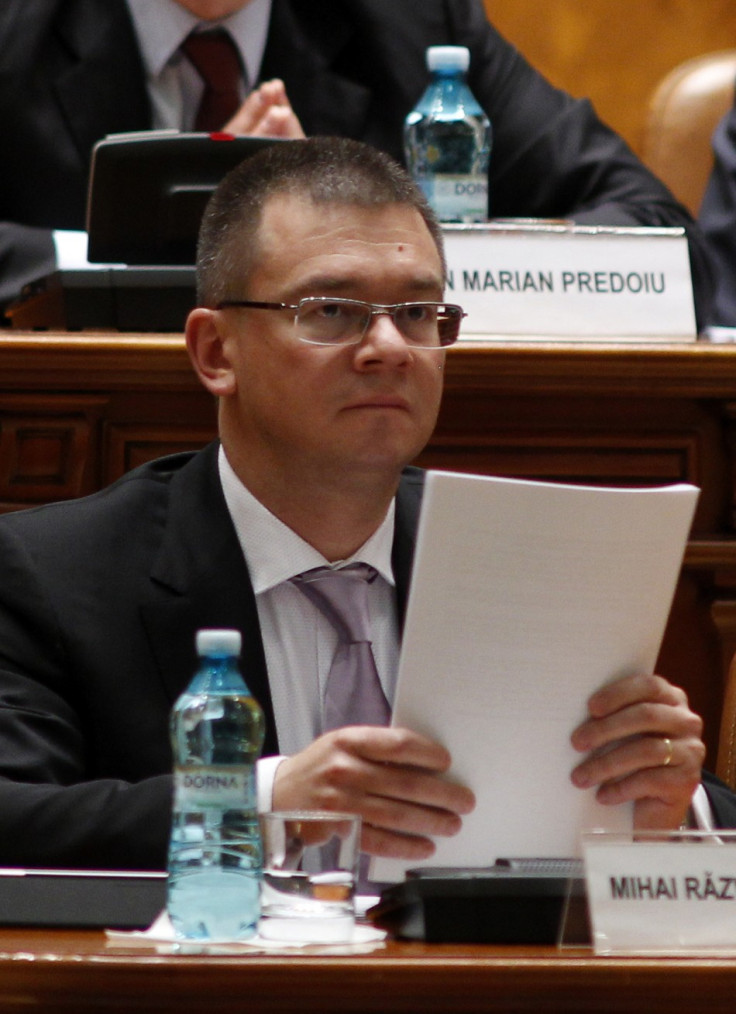Austerity Topples Second European Government in a Week After Romania's Collapse

Romania's government, in office for only two months, was toppled by a vote of no confidence Friday making it the second European leadership within a week to collapse in the face of internal debate over the pace and scope of austerity measures.
Opposition parties gathered 235 votes - four more than necessary in the 460-seat Parliament - to oust the newly-elected government of Prime Minister Mihai-Razvan Ungureanu. Debate within Romania had been raging for weeks over the government's plans to reduce its budget deficit from 4.4 percent in 2011. Ungureanu had set a target of 1.9 percent for this year in a plan that had tabled 25 percent public sector salary cuts and tax increases. He took office after the resignation of Emil Boc in the face of violent protests linked to his own austerity programme.
Romania recently secured €5bn loan package from the IMF and the European Union last year in an effort to firewall itself from the region's sovereign debt crisis. Romania's IMF spokesperson, Mihai Tanasescu, told Reuters that the Fund would halt its days old review of the loan following the no confidence vote. Romania has yet to draw from the funds.
Romania's currency, the Leu, fell to a record low 4.4010 against the euro, following the government's defeat. In an odd development Friday following the vote, Romania's Finance Ministry said it plans to sell 3.8bn ($1.15bn) in Leu-denominated debt next month.
Earlier this week, the coalition government in the Netherlands resigned after failing to agree on budget terms that would meet EU targets for deficit reduction.
Prime Minister and Liberal Party leader Mark Rutte will formally offer a cabinet resignation statement to Queen Beatrix later today, Dutch broadcaster RTL reported, after an emergency debate failed to stabilise the government after the withdraw of coalition partner's Geert Wilders's Freedom Party over the weekend. Opposition Labor Party leader Diederik Samson has said he will only support deficit reduction measures - inside an agreed budget - if a general election is held in September, three years earlier than scheduled.
© Copyright IBTimes 2025. All rights reserved.





















